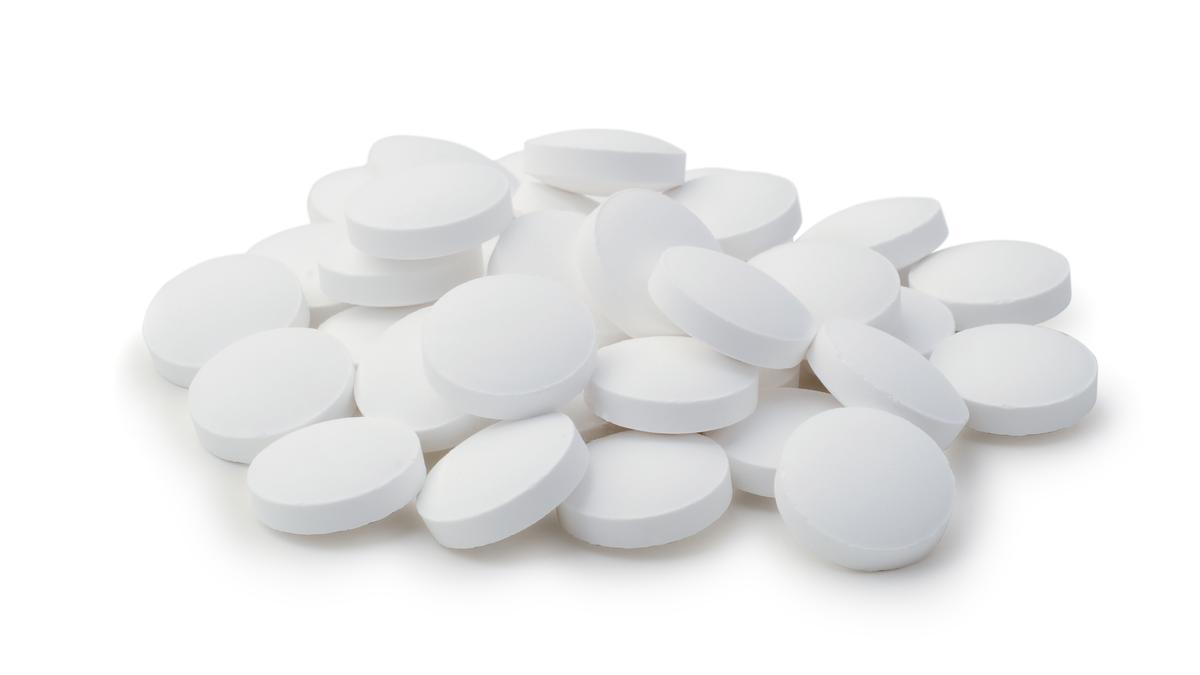‘A simple and cost-effective measure is to promote greater information sharing between the drug control departments of State governments and various public procurement agencies’
| Photo Credit: Getty Images
Over the last few years, there have been a number of incidents across India involving not of standard quality (NSQ) drugs, the most recent being the deaths of five young mothers in Ballari district, Karnataka, allegedly due to contaminated drugs manufactured by a pharmaceutical company in West Bengal.
Due to the unique nature of India’s Drugs and Cosmetics Act, 1940, the pharmaceutical company located in West Bengal can sell its drugs in all States across the country, despite being licensed and inspected only by drug inspectors in the State where its manufacturing facility is located. Since each State is responsible for licensing and inspecting pharmaceutical manufacturing units located within its territory, it means that there is little that States such as Karnataka can do to stop poorly manufactured drugs from other States flooding their pharmacies. Data supports this assertion. Out of the 894 samples randomly tested by our State drug laboratories over the last three years, an overwhelming 601 samples that failed testing were from manufacturers located in States other than Karnataka.
Information sharing is a way out
The only regulatory tool at the disposal of my department to deal with these NSQ drugs manufactured outside Karnataka is to prosecute the pharmaceutical company. But criminal prosecutions take a very long time. During the pendency of the trial, there is nothing that we in Karnataka can do to stop the pharmaceutical company from continuing to manufacture and sell its drugs within Karnataka. As in the law, only the drug inspectors in the home States of these pharmaceutical companies can take steps to cancel or suspend their manufacturing licences. Given this reality of drug regulatory laws in India, it is imperative that we think of solutions to improve the situation urgently.
A simple and cost-effective measure, which may help improve the quality of drugs across the country, is to promote greater information sharing between the drug control departments of State governments and various public procurement agencies. Currently, there is no way for drug inspectors of the Karnataka Drugs Control Department or the Karnataka State Medical Supplies Corporation Ltd. (KSMSCL) to verify the antecedents of pharmaceutical manufacturers located outside our State. For example, it would be of great help if all central and State drug testing laboratories made available their test results in a centralised database. This would enable a drug inspector or a procurement official in Karnataka or any other State to track the number of times a pharmaceutical company’s drugs have failed testing across the country in any government laboratory. It will become easier for drug inspectors to adopt a risk-based approach while making enforcement and procurement decisions.
Have a centralised database
Similarly, it would be very helpful if all State drug inspectors made available inspection reports and licensing information for all manufacturers in their respective States in one centralised database. By making available this information in a single database, it will become easier for procurement agencies such as the KSMSCL to verify the antecedents of pharmaceutical companies before purchasing drugs from them and avoid scenarios such as the recent scandal in Maharashtra where dubious suppliers sold spurious antibiotics to a public hospital. Such a database will also help procurement officers to understand the quality of inspections across States and prioritise manufacturers from States with a reputation for conducting more rigorous inspections of their manufacturing units. In the absence of such a verifiable database, most procurement agencies have to just take the word of pharmaceutical companies submitting tenders. The KSMSCL does not have an independent way to validate the claims of pharmaceutical companies located outside Karnataka when making public procurement decisions. This impacts public health.
Apart from inspection and test reports, it would also help if the Union Ministry of Health could create a central register which records all pharmaceutical manufacturers blacklisted by different procurement agencies for supplying NSQ drugs. This would be very helpful in weeding out the bad players from the market and improving the quality of drugs available in public hospitals.
Most tenders require pharmaceutical companies to disclose if they have been blacklisted by any entity. But, currently, there is no way for procurement officers to verify the authenticity of this information independently.
States and legal powers
A third simple reform is to equip individual States with the legal powers to block manufacturers from outside the State to continue selling drugs within their State, while they are under investigation for the sale of drugs that may have caused deaths or other serious adverse events to patients within the State. State drug controllers should have the power to bar pharmaceutical manufacturers, located out of State, from selling their drugs within their State until the manufacturer is able to demonstrate that it has rectified the problems that led to the manufacture of NSQ drugs.
However, since the Drugs and Cosmetics Act, 1940 is central legislation, there is little that an individual State such as Karnataka can do to amend the law or its enforcement in other states. The initiative for legislative reform must come from the Union Health Ministry. Karnataka will be happy to support any reforms that will help improve the quality of drugs in Karnataka and across the country.
I will shortly write a letter to the Union Health Minister, J.P. Nadda, to address this critical issue.
Dinesh Gundu Rao is Health Minister, Karnataka
Published – December 31, 2024 12:08 am IST

